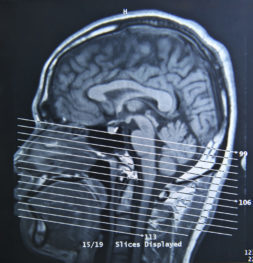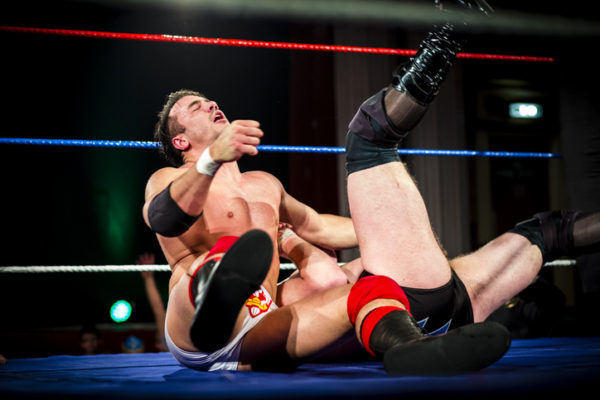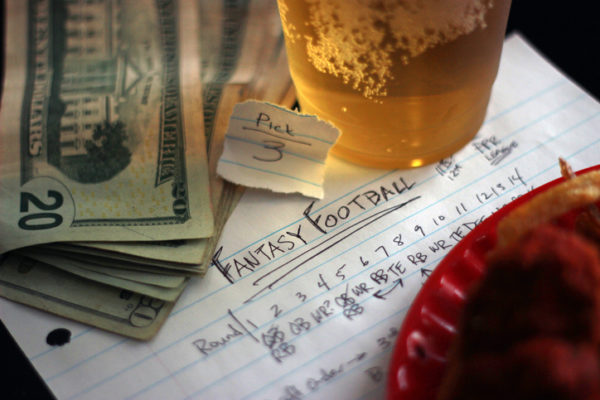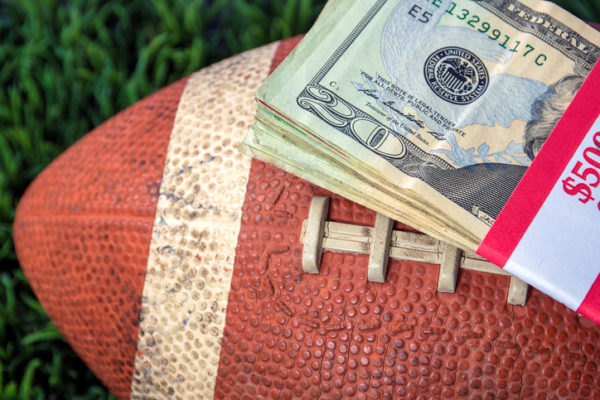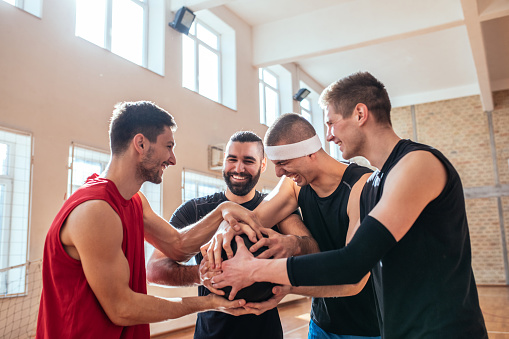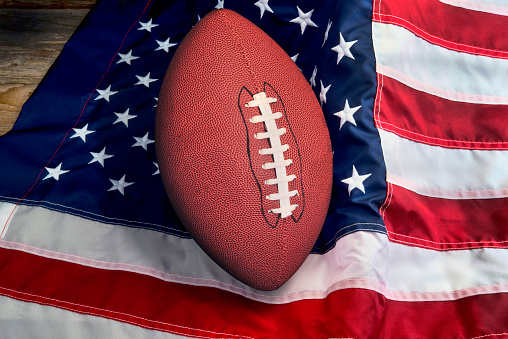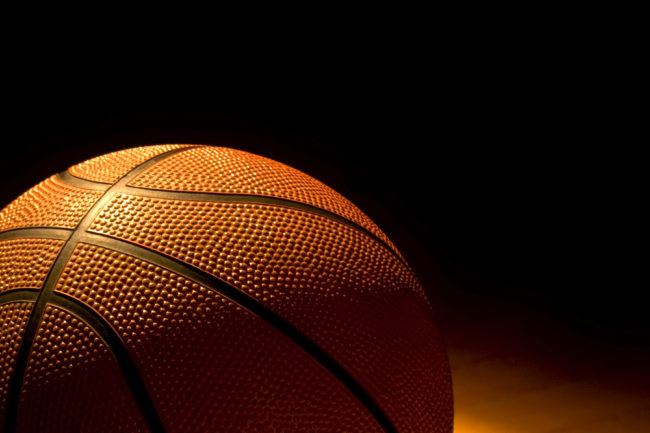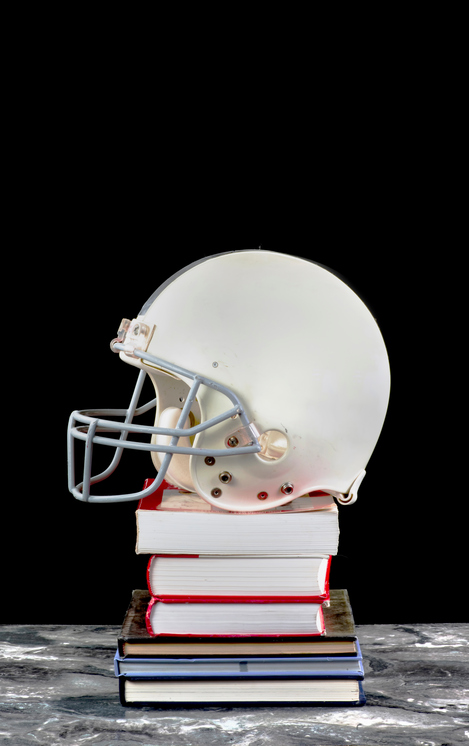On October 29, 2018, the NHL announced a partnership with MGM Resorts International and became the second North American sports league to reach a partnership with the professional sports betting operator. As per the terms, the NHL officially designated MGM Resorts as the official sports betting partner of the NHL. Specifically, the deal allows MGM Resorts to host NHL promotional opportunities and establishes MGM Resorts as an official resorts partner of the NHL. Further, the deal provides MGM Resorts access to the NHL’s proprietary game …
Continue Reading

